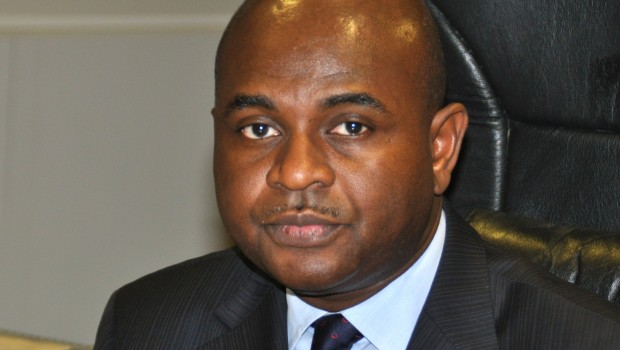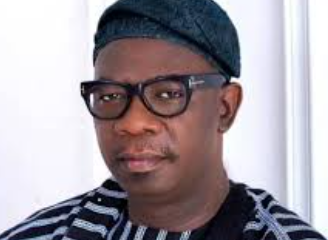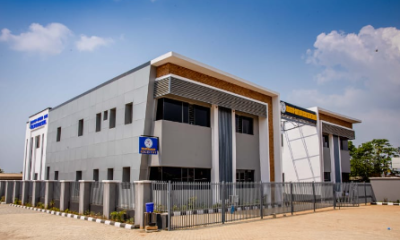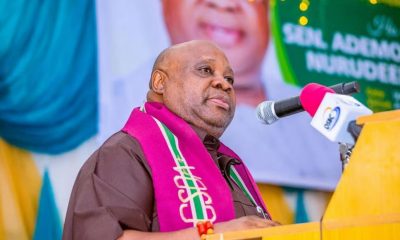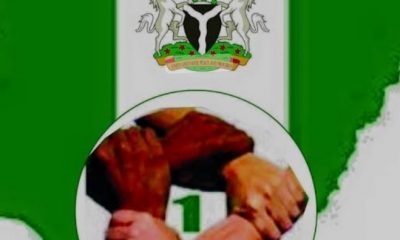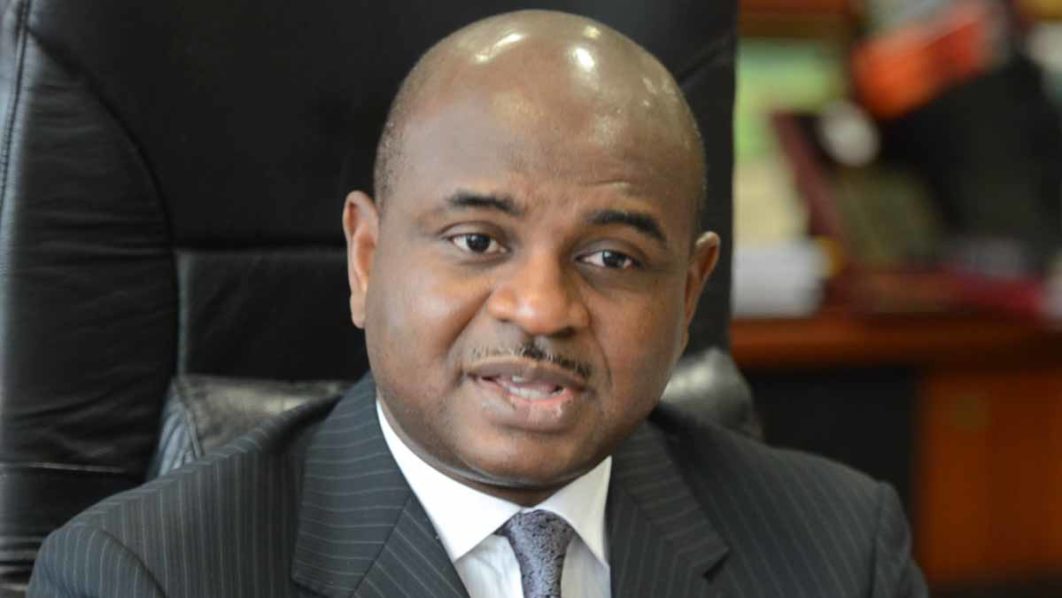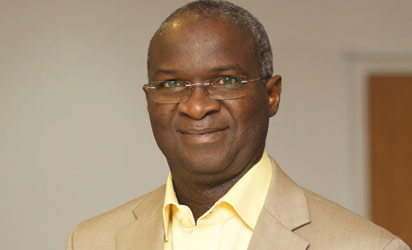Nigerians have been urged to take their destinies in their hands and take political actions necessary to ensure that Nigeria do not remain poor.
In a recent article published on National Daily, a former Deputy Governor of the Central Bank of Nigeria (CB), Prof. Kingsley Moghalu said for two long, wrong decisions by political leaders based on vested interest have kept Nigeria’s economy down.
“We are where we are because of wrong political decisions that have prevented us from achieving real economic development. Our political leadership choices have kept our economy down. The policy response of the federal government only bred corruption and arbitrage in the management of forex and negatively impacted manufacturing companies, leading to declining output and further job losses.”
According to him, if the political leadership lacks vision, is venal and focused on other priorities, sound technocrats can’t achieve very much. “Their full potential contribution will be suppressed by political decisions above them, usually taken in caucuses at night in places that are not offices.”
The former CBN top shot said Nigeria has suffered economic destruction on a massive scale in the past two years with GDP down to $406 billion in 2016 from the $568.5 recorded in 2014.
He also said foreign investment into Nigeria has consistently dropped in the last two years from $20.75 in 2014 to $9.6 in 2015 and finally $5.16 in 2016.
ALSO SEE: Buhari worries over governors mismanaging Paris Club refund
Prof Moghalu explained that the massive economic contraction has happened largely as a result of cumulative bad political leadership. He blamed the economic crisis on both the state and federal governments who over time had depleted the excess crude account from about $22bn in 2007 to approximately $2bn as of December 2014.
He blamed the current administration of Muhammadu Buhari for refusing to make the necessary policy adjustments and has instead gone on a borrowing spree. “We have increased our external borrowing by 46% (from $9.46 billion to $13.81 billion) in the past two years. We now spend over 60% of all our revenues, weak as they already are, on debt servicing.”
He therefore urged Nigerians to elect competent leaders who understand how leadership can create a shared sense of nationhood despite tribal and religious differences.

 Latest5 days ago
Latest5 days ago
 Trends6 days ago
Trends6 days ago
 Business1 week ago
Business1 week ago
 Football1 week ago
Football1 week ago
 Health1 week ago
Health1 week ago
 Football7 days ago
Football7 days ago
 Business1 week ago
Business1 week ago
 Football1 week ago
Football1 week ago
